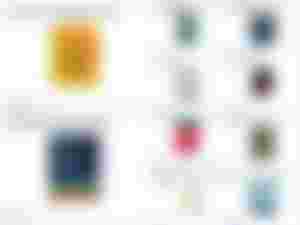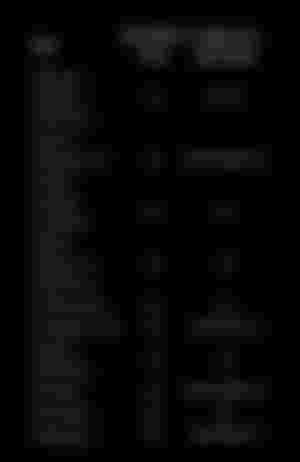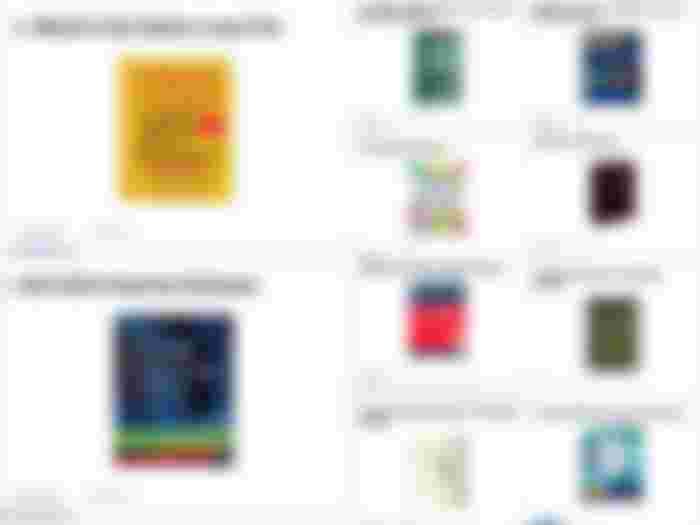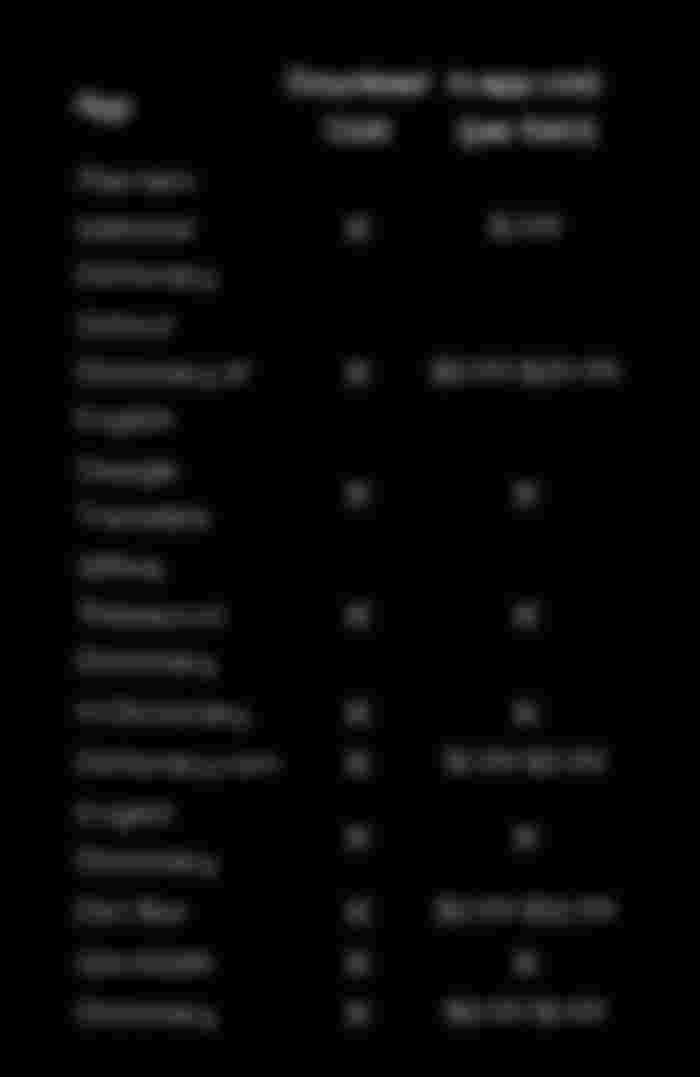A DICTIONARY is an essential tool that will help one find important information about words.A student or even professionals needs to consult the dictionary to find correct spelling,meaning,pronounciation,syllabication and some other information you need to know about a word.
The first standard dictionaries of modern tongues were "Vocabulario degli Accademici dellaa Crusca" (1612) and the "Dictionnaire de Academie francaise (1638-94). Dr.Johnson's dictionary,perhaps the most famous of all the English dictionaries,was published in 1755,Noah Webster'American Dictionary of the English Language (1828) was first to insist primarily on words in current usage and to distinguish between American and English forms and senses.The first dictionaries giving detailed etymologies were compiled by Jacob and Wilhelm Grimm (1854 ff.) and E.Littre (1863-73). The first encyclopaedic dictionary was pronounced by Pierre Larrousse (1866-76).
Here's the sample entry of a complete dictionary:
FANTASY] 1. (originally,imagination in general) decorative, light, whimsical, playful, capricious imagination; the current literaly sense, see imagination 2. illusion or delusion. 3. a mental image, 4. an arbitary idea; notion; caprice, whim 5. an inclination,liking or fondness,often temporary, 6. critical taster or judgement in art, dress etc.
Fan.cy (fan'si), n. [pl. FANCIES (-siz)], contr,<ME. fantasy: adj. [FANCIER (-si-er), FANCIEST (-si-ist) 1.based fancy; capricious; whimsical; fanciful 2. higher than real value; extravagant; as fancy price 3. made or addes to please the fancy; ormamental; decorated; not plain; elaborate; as a fancy necktie. 4. of superior skill; intiricate and difficult as, fancy diving 5. of superior quality,therefore costing more; as canned goods graded fancy 6. for expensive taste as a fancy shop,fancy groceries 7. bred for some special features of excellence of type; said of anilmals v.t [FANCIED (-sid), FANCYING 1. to imagine 2. to have a liking for; be fond of 3, to believe without conviction; suppose 4. to breed (animals) for some special feature or excellence of type, fancy(that) Can you imagine (that) The fancy formerly the enthusiasts of sport or hobby.
As we notice about the examples,it contains lots of information about a single word,how they pronounced,past and future term and use etc.Cause complete dictionary actually like that.

Feature and Contains of a Dictionary:
1. Spelling
The dictionary is the most complete spelling guide you can find.The first word is in bold print,this tells the correct spelling of the word.Sometimes two possible spellings of the word will be given.The first spelling of the word is most often used and preferred.
2. Syllabication
The syllabication of a word is indicated by a centered dot.It shows where to divide the word when you come to an end line and find it necessary to carry it over the next line.In some dictionaries,syllabication is indicated by using a slash(/) or a hypen (-) in between the two parts.
3. Pronounciation
Dictionaries provide the key to pronounciation of words which contain the sumbol or phonetic spelling and key word.These symbols show how the word should be pronounced.This information is usually found immediately after the entry word.
4. Parts of Speech
This tells that the entry word is used to function in a sentence.The part of speech is usually abbreviated,such as n. for noun, pron. for pronoun, adj. for adjective, adv. for adverb.
5.Etymology
It tells the origin, derivation or history of the entry word.This information is usually enclosed in brackets,and the symbol <means "from or comes from".
6.Meanings
This refers to all the possible meaning of the entry word.The meaning of the word depends on how it is used in context.
7. Levels and Usage
Three Levels of Word usage:
a. Formal - for technical, scientific and academic writing and for certain restricted types of platform address.
b. Informal - for usual writing and speaking of the most educated people as most novels and plays,newspapers and magazine articles and ordinary concersation.
c. Vulgate - for slang and certain restricted shoptalk.
These are the Labels of word usage and their meanings:
Colloquial - The term of sense is generally characteristic of conversation and informal writinflg.It is not to be regarded as substandard or illiterate.
Slang - The term or sense is not generally as standard usage.They are used in highly informal context.Slang are short lived but may survive and become part of the colloquial of informal vocabulary.
Obsolete - These words are no longer used but occur in earlier writings.
Archatic - Terms which are rarely used today except in certain restricted context as in church rituals.They also occur in earlier writings.
Poetic - Words used only in poetry or occasionally,in prose,where poetic quality is desired.
Dialectal - Words which are used only in certain geographical areas.
British - The term which or sense is characteristic of British rather than American English.

"We should say that we are lucky on having this forms of words classifications and informations, and to be used as reference by most people worldwide.To learn,have knowledge on such things,new words to be knew, and for benefits of our own as well."


today is everything easier, when i be a young its be more harder without internet